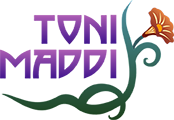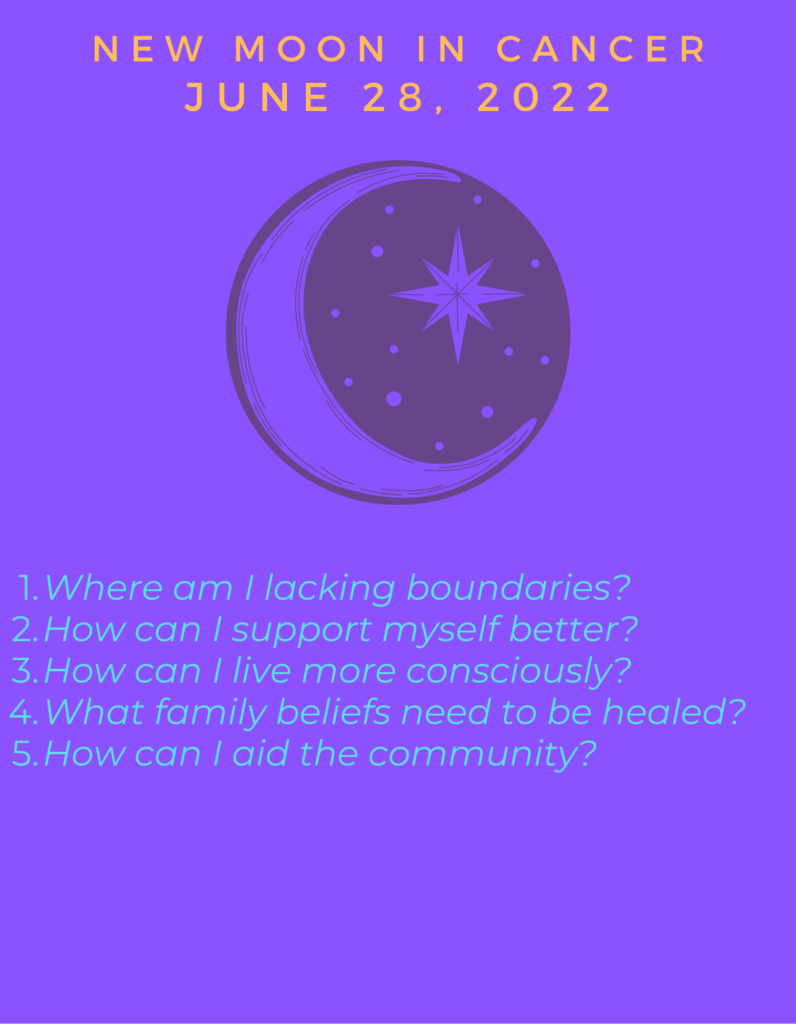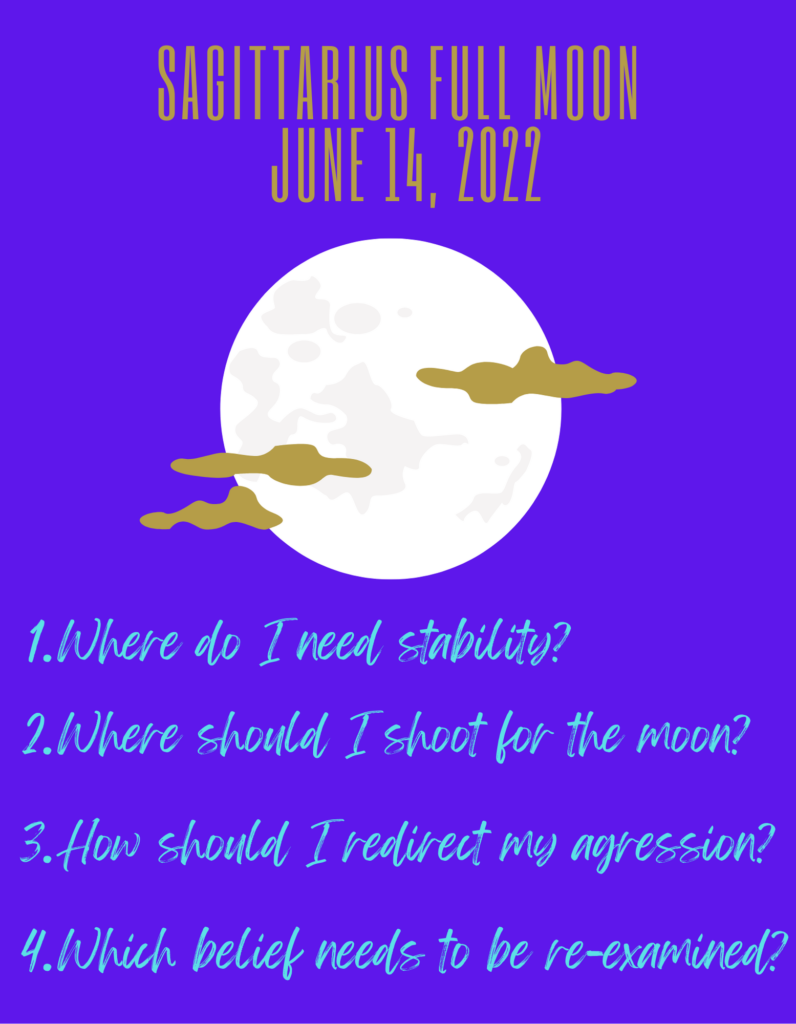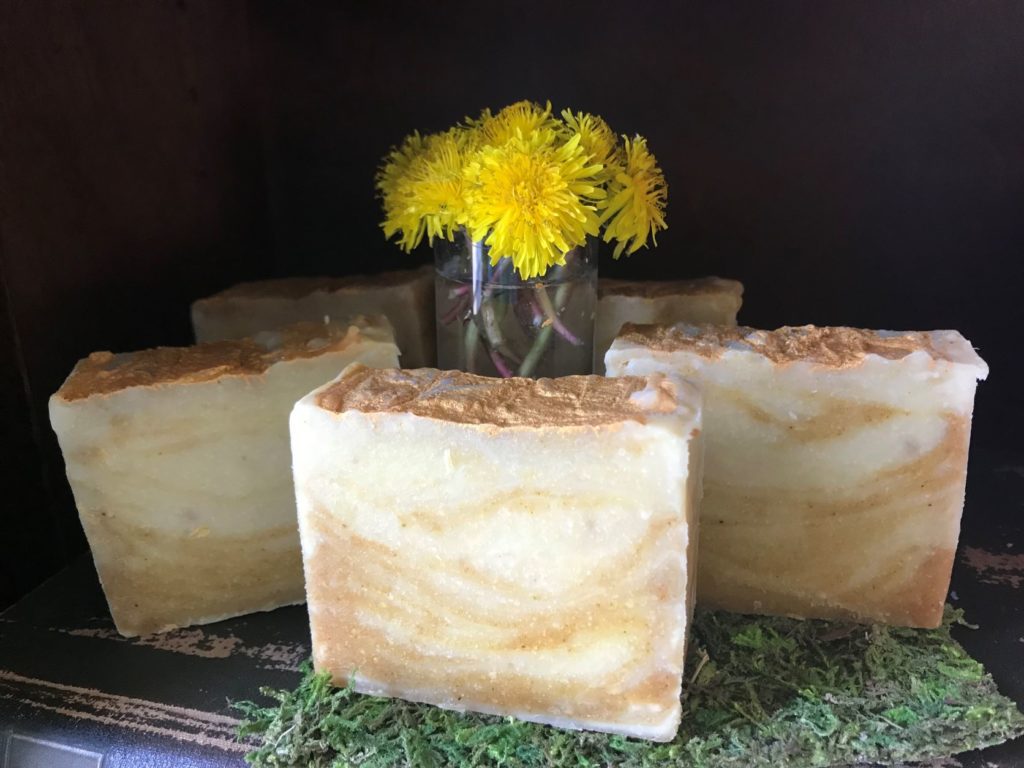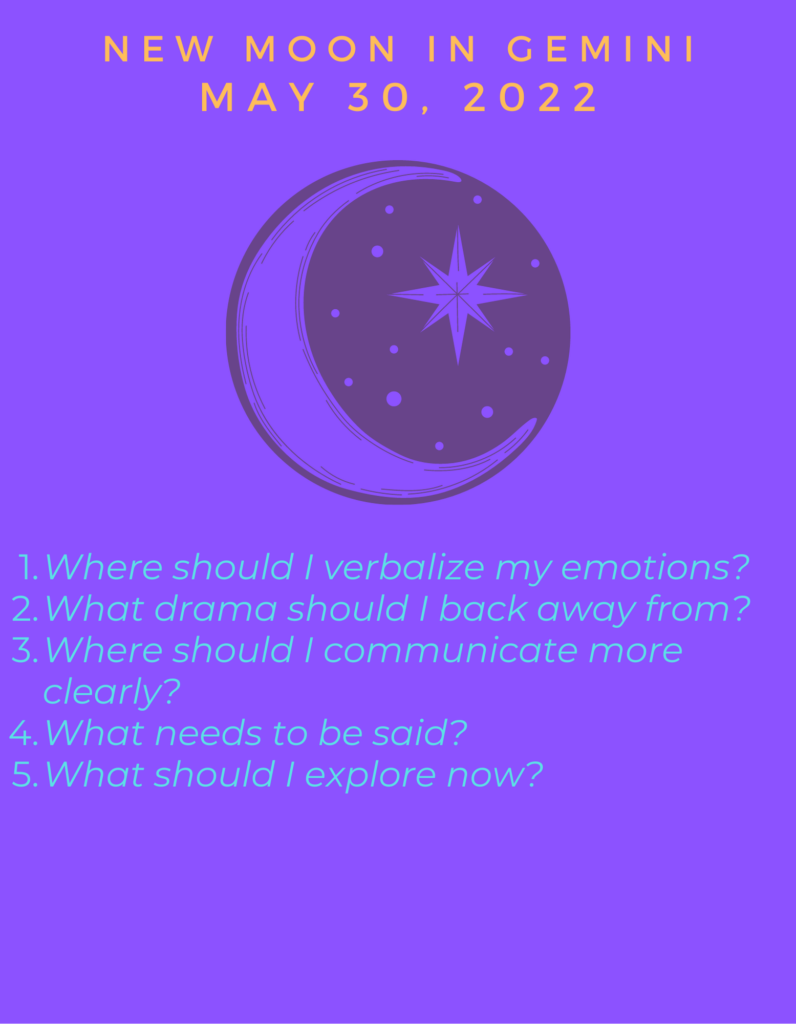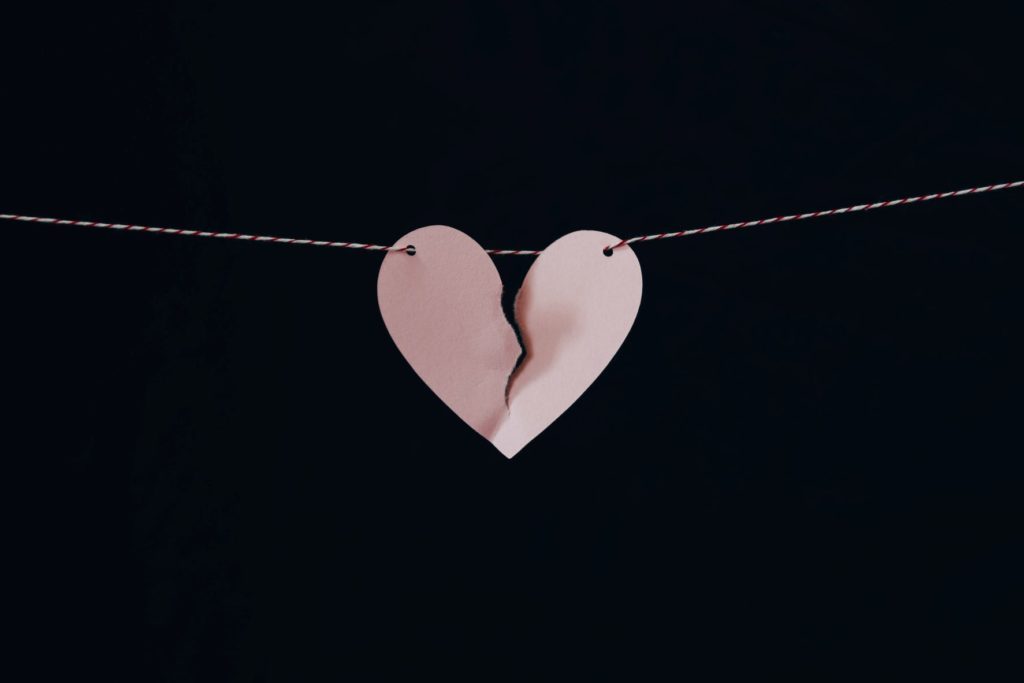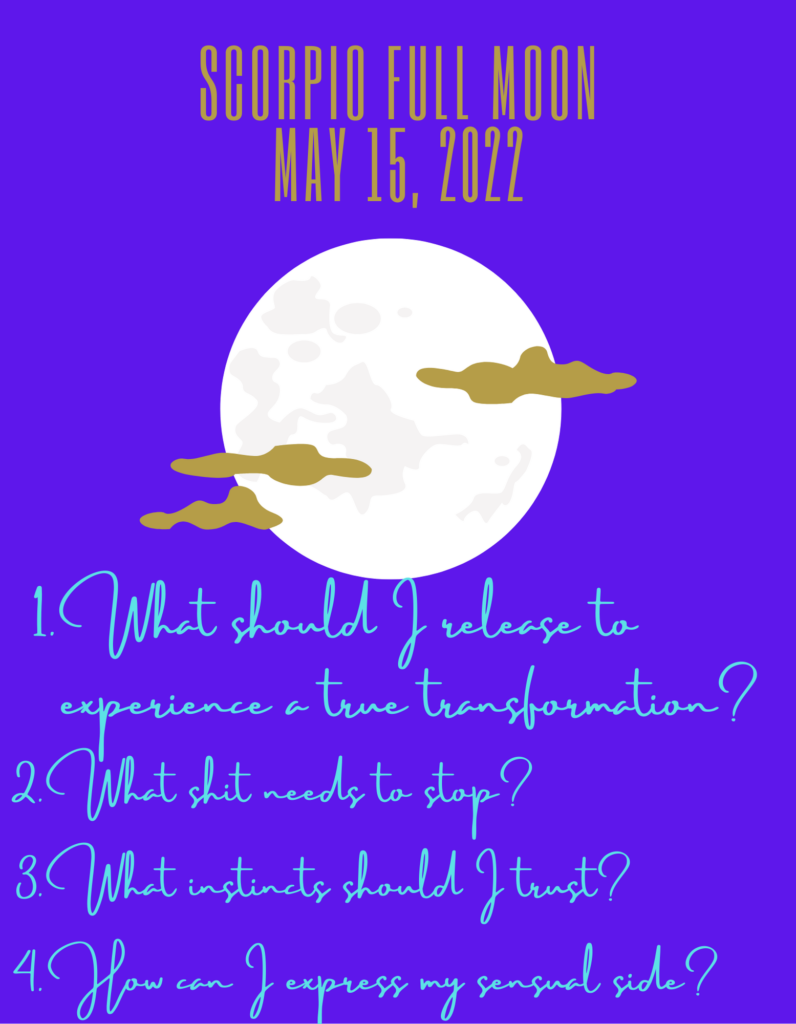
An elephant family reunion, pogo stick market research, an Irish dance marathon, a floor-pacing how-to seminar, a clogging competition and a clodhopper focus group.
I was in a hotel where I swear all those things were happening simultaneously on the floor above me. All when my startle response was at an all-time high.
I have PTSD. Sometimes it’s manageable. Other times it feels like it’s trying to eat me alive. I’ve been working steadily to heal for years, each summer making a little more progress.
You know that feeling when you narrowly miss crashing into another car? The slightest stress can make me feel that way. Having to go to the store. Needing to talk on the phone. Hearing a siren. That elephant reunion. And then the jangly, anxious feeling doesn’t go away. PTSD affects both the quantity and the signaling of norepinephrine in the brain, which is a fancy way of saying I feel like I narrowly missed that car crash for days, even weeks.
This then triggers a fight-or-flight response. Or fight and flight response. I realize this is hard on my loved ones. I wish they knew it’s much more difficult for me. I can understand they want me to relax. To calm down. That I seem over the top. I need them to understand what is happening inside me is much more intense than what they’re seeing.
But I’ve discovered we can change the seemingly impossible-to-change.
How do you feel about karma? What do you believe it is?
I believe that karma is a balancing of energy and patterns from past lives. It’s not a punishment, it’s a choice. In each life we do things that hurt others or ourselves. When we die, at some point we realize the mistakes we made. When it’s time to come back and have another human experience, we decide how we’re going to offset that harm.
For example, if I were a controlling man in a past life, one who needed his dinner on the table at 6:00 each evening, who demanded his boxer shorts be ironed, had to have everything just so, I might see what this did to those around me, especially my wife. For my next life, I might choose to be someone subservient. The trick is to learn the lesson rather than perpetuate the cycle.
Karma is a very deep subject, and this example is almost an oversimplification, but you can see how it works. Our job in this life is to learn what we came here to learn. To balance what is out of balance.
How?
I am currently working with two powerful systems of change. One is opening the Akashic records, seeing your past lives and the mistakes you made and then altering the past. It’s like illuminated time travel. The other is called the Quantum Breakthrough Code. This is a simple method of decoding and then recoding patterns and behaviors.
I’ve had tremendous success both with myself and with clients. I’m currently working on my PTSD with these systems. That is more deeply entrenched but I’m confident I can minimize if not completely irradicate it.
Would you like to give it a try? What would you change if you could? Your weight? Chronic pain? A pattern of people-pleasing? Do you attract the wrong partners? Are you often betrayed? Or abandoned? Reply to this email and we’ll set up a time to talk. I know you’ll be amazed.
In the meantime, to everyone who has had to live with my over-the-top-ness, please be patient with me. I’m working as fast as I can and doing my best in the meantime.
